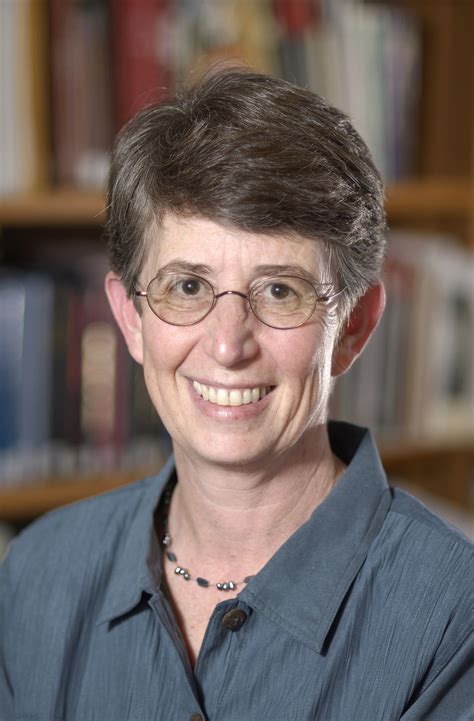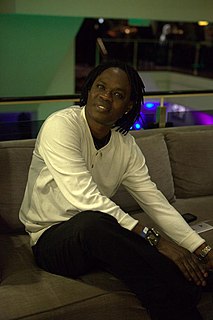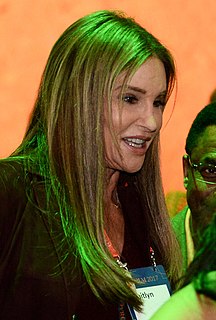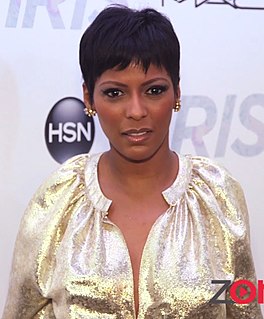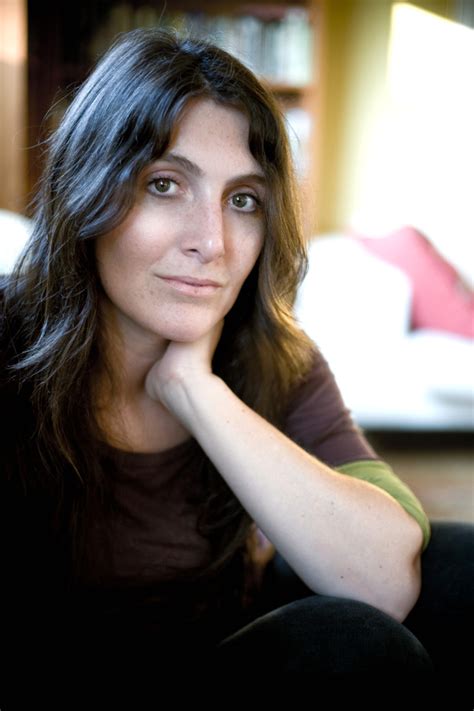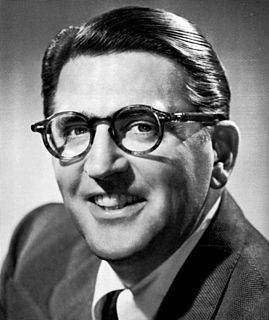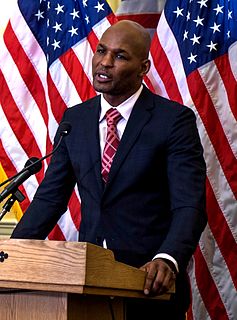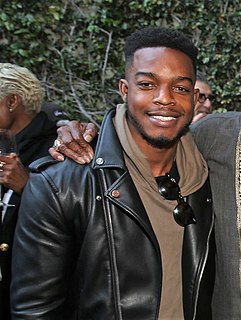A Quote by Radhika Apte
There are hierarchies in B-Town regarding many things, not just gender. Men also go through a lot in this industry.
Related Quotes
Feminism is a belief that although women and men are inherently of equal worth, most societies privilege men as a group. As a result, social movements are necessary to achieve political equality between women and men, with the understanding that gender always intersects with other social hierarchies.
Podor is a nice town. It's at the north of Senegal near the river. The town faces the other country that is Mauritania. It is a very cultural town, because at the beginning it was closest stop when you come from the Sahara and also when you come from the south to go to the north part of Africa. It was just at the middle, and so it's where a lot of cultures of West Africa come together.
This whole show business industry is awkward; I just met you and I'm telling you personal things about my life. But that's my life: "Hey, how you doing?" There are not a lot of people that you can relate some of these things to, so it's nice when you meet someone who is going through similar stuff - not "going through," but that "gets" stuff like that.
Men are enforced into a kind of silence about their gender; they're supposed to not think of it as a performance. That's the definition of manliness - that it's not a performance; it's being yourself, authentic. Whereas women have understood gender as performance. Men have not yet made that quantum leap, or rather they're making it in many ways, they're not thinking about it.
Government, we are sometimes told, is just another word for things we choose to do together. Like a lot of things politicians say, this sounds good. And, also like a lot of things politicians say, it isn't the least bit true. Many of the things government does, we don't choose. Many of the things we choose, government doesn't do. And whatever gets done, we're not the ones doing it. And those who are doing it often interpret their mandates selfishly.
Regarding The Music Man, Jay Nordlinger wrote: The Music Man (for which Willson also wrote the lyrics) is an astonishing creation. It came in a spurt of brilliance. It is shot through with originality, verve, and-why not go all the way?-genius. People love it, can't get enough of it, can't stop performing it-and they are not wrong. For closing in on a half- century now, The Music Man has been performed continually, in every American city, town, and village, and in other parts of the world as well, not excluding Peking.
Jesse Owen was bigger than a black hero, he was an American hero. For me, I looked at it from that perspective. Through my research, I obviously learned a lot, much of which made me sad, upset, disappointed and even angry, regarding what Jesse had to go through. Not only was he a black man in America during an age of high racial tension and segregation, but he was also living in the middle of the Great Depression - it was very difficult times for him and his family.


